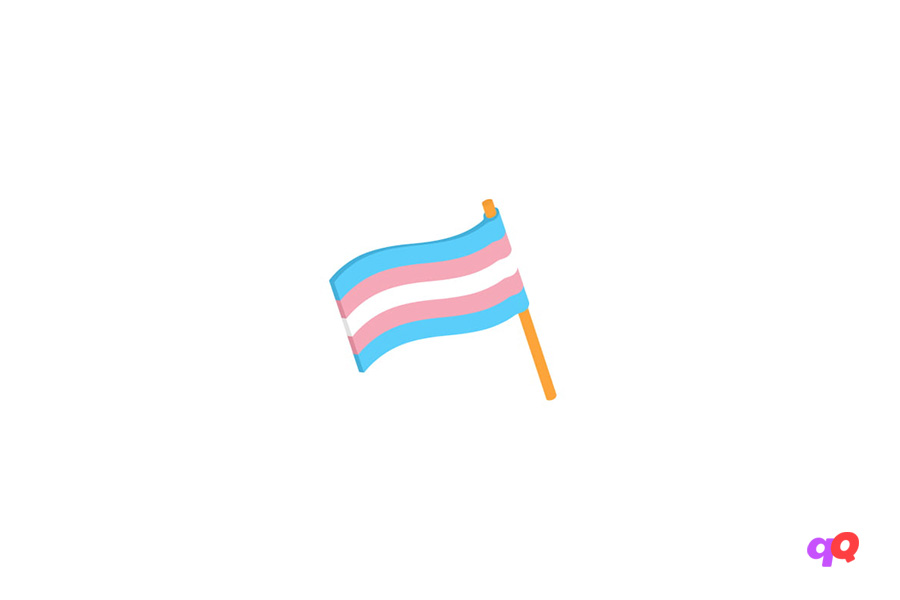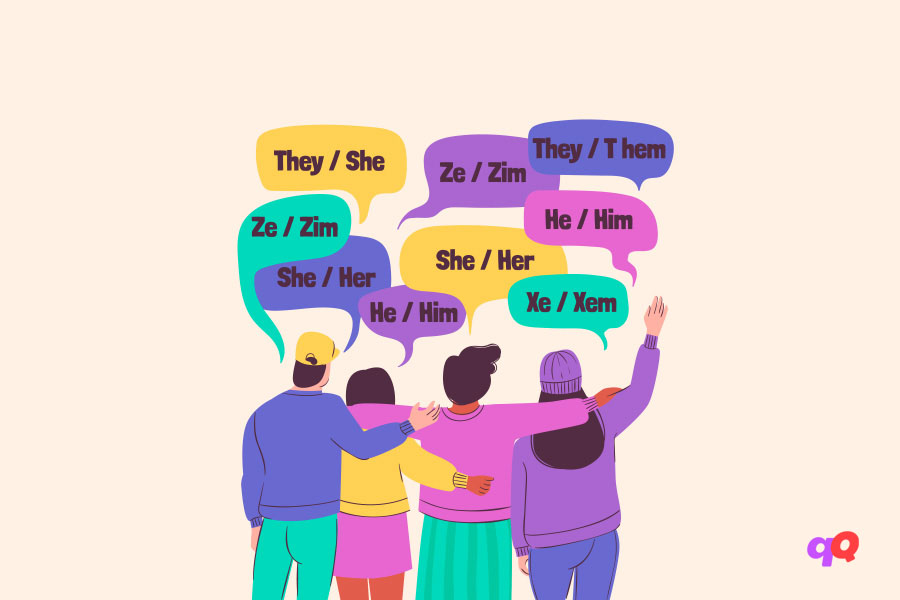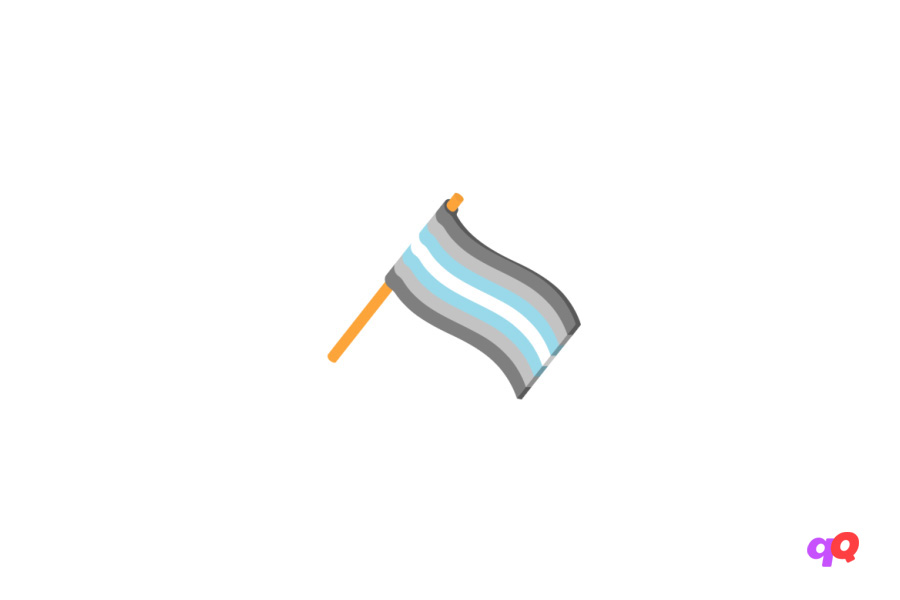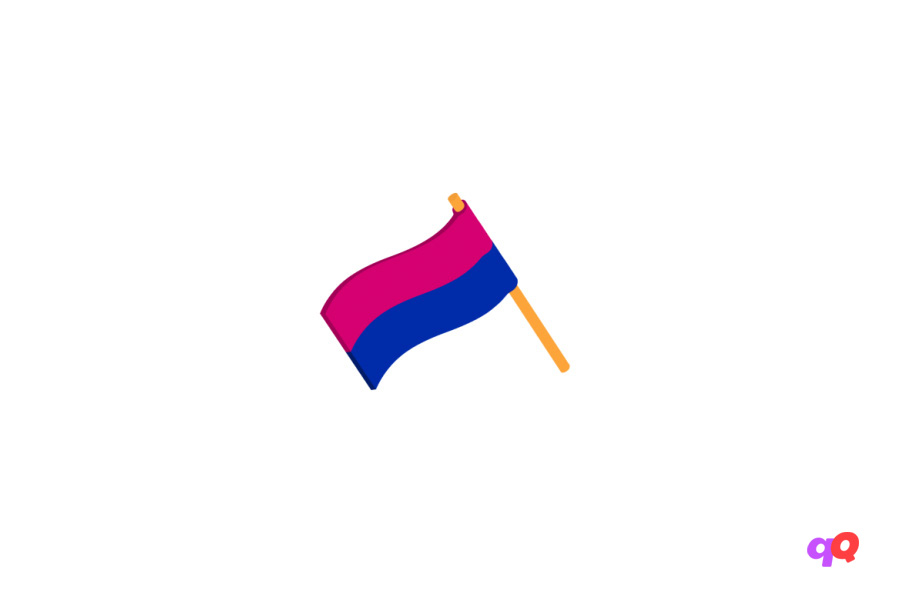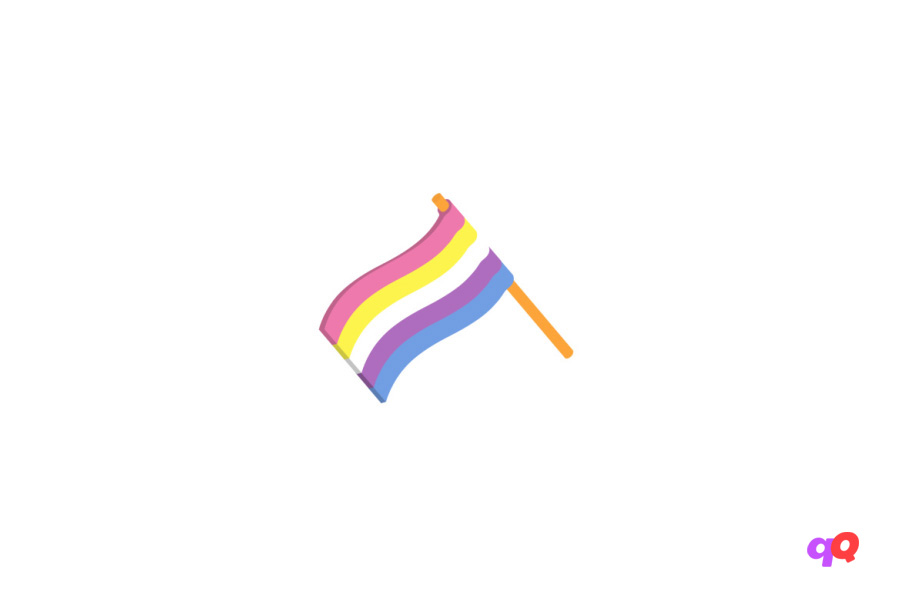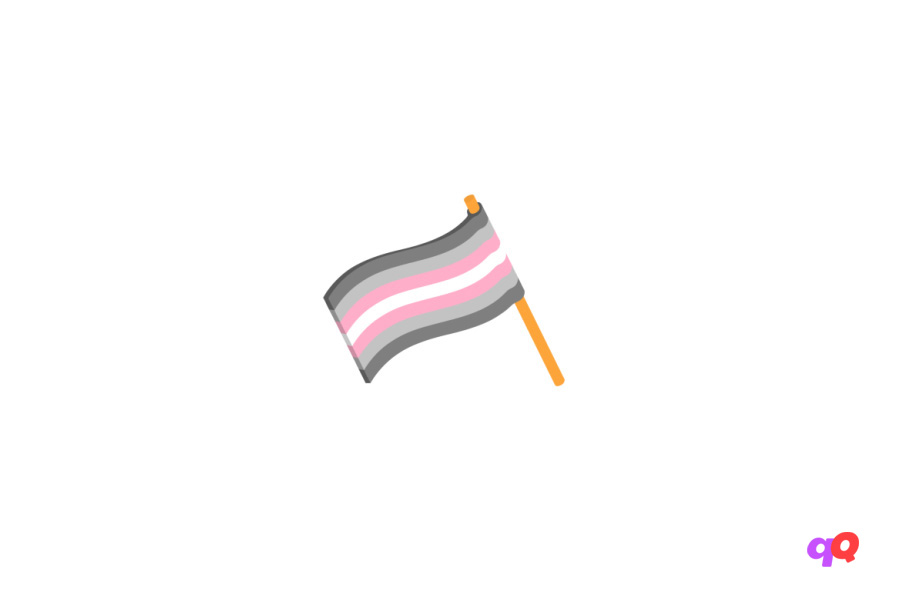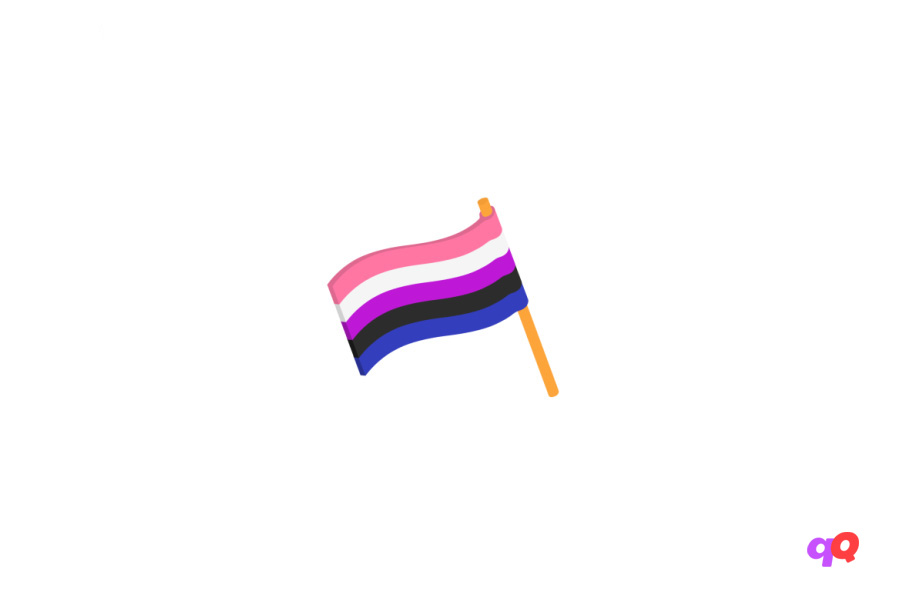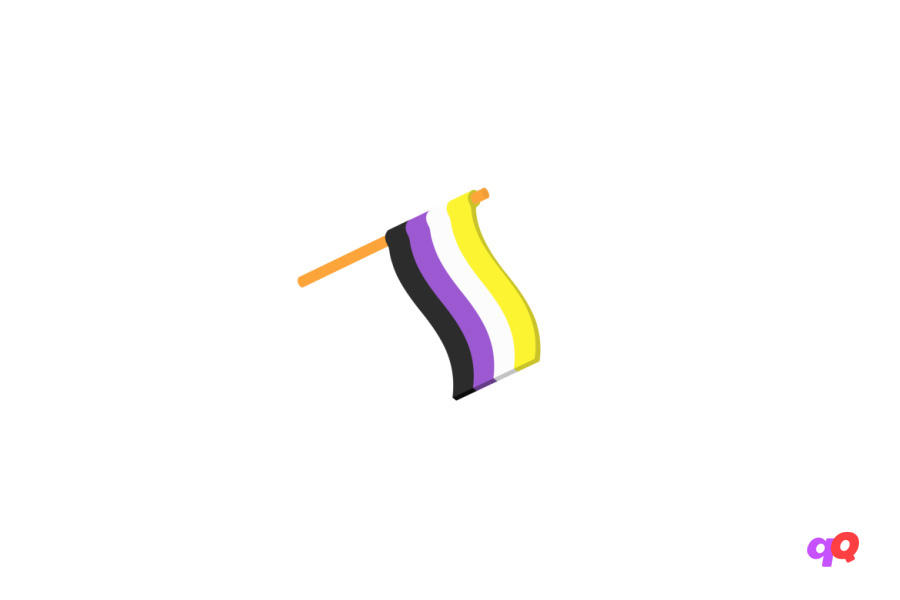Am I Agender Quiz: Neither Here Nor There?
○ DISCLAIMER
The quizzes and content on this website are designed for entertainment purposes only and should not be used as a basis for making personal decisions about your sexuality, gender identity, or any other life choices. These quizzes are not diagnostic tools and cannot determine your identity or orientation. If you're questioning your identity or need support, we strongly encourage you to seek guidance from qualified LGBTQ+ friendly professionals or counselors. Remember that your journey of self-discovery is unique and personal to you.

Imagine looking at a rainbow but not distinguishing the colors. Not because there’s something wrong with your vision, but because for you it’s simply a stream of light, beautiful in its wholeness. This is roughly how one could describe the agender perception of the world. The quiz we’ve created is an attempt to explore this unique way of seeing the world beyond conventional categories.
What Does It Mean to Be Agender?
Imagine a society where instead of the familiar categories of “man” and “woman,” there exists an infinite number of ways to be yourself. In this space, agender people occupy a unique position – they exist outside the gender system altogether. An agender person is someone who doesn’t identify with any gender.
The history of the term “agender” dates back to the early 2010s, when online communities began actively discussing various aspects of gender identity. The term quickly resonated with people who had felt “outside the system” their whole lives. Interestingly, similar concepts existed in different cultures long before modern terminology emerged – for example, some Native American cultures recognized identities that went beyond the binary gender system.
It’s important to understand: being agender isn’t about denying the existence of gender as a social construct. Rather, it’s a particular way of perceiving oneself, where a person doesn’t feel belonging to any gender. Some agender people describe their state as “gender neutrality” or “an absence of internal gender feeling.”
In academic circles, agender identity is considered part of a broader spectrum of gender identities. Gender studies researchers note that the very existence of agender people challenges traditional notions about the “naturalness” and “universality” of the gender binary system.
The Difference Between Agender and Non-binary Identity
In the world of gender diversity, there’s often confusion between the terms “agender” and “non-binary.” It’s like comparing a square and a rectangle – every agender person is technically non-binary, but not every non-binary person is agender.
Non-binary is a broad term encompassing all identities beyond the binary “man-woman” system. This can include people who identify as bigender (feeling belonging to two genders simultaneously), genderfluid (whose gender identity may change over time), or having multiple gender identities.
Agender identity, however, is specific – it’s the absence of gender identity as such. It’s important to note that agender people can relate to their identity differently. Some perceive it as a complete absence of gender, others as a neutral position on the gender spectrum, and others as an active rejection of the concept of gender as applied to themselves.
It’s interesting to trace how these identities manifest in different cultural contexts. For example, in Japanese, there’s the term “X-gender” (エックスジェンダー), which is often used as an equivalent to the Western concept of “non-binary” but can have its own unique cultural connotations.
How Can This Quiz Help?
When I worked on creating this quiz, the main goal wasn’t to provide a ready-made answer, but to create a space for self-exploration. This is especially important in contemporary society, where we often seek quick and definitive answers to complex questions of identity.
The quiz is based on extensive research and interviews with agender people from different countries. During its creation, we consulted with sociologists studying gender identity and LGBTQ+ community activists. Each question is carefully thought out to reflect various aspects of agender people’s experiences.
However, it’s important to remember that no test can definitively determine your identity – this is a deeply personal journey of self-discovery. The quiz rather serves as a starting point for reflection and exploring your own feelings about gender.
Signs of Being Agender That Our Quiz Explores
Perceiving one’s gender identity is a deeply individual experience, and each agender person has their own unique path to self-understanding. Our quiz incorporates many common patterns observed in agender people’s experiences that can help in the process of self-discovery.
Internal Feelings and Experience
Through our research, we discovered many interesting patterns that are reflected in our quiz questions. Many agender individuals note that since childhood, they felt uncomfortable within gender expectations. This might manifest as a lack of emotional response to gender markers or a feeling of artificiality when trying to conform to gender roles.
One research participant, whose experience helped shape several quiz questions, shared: “When people talk about what it means to ‘feel like a man’ or ‘feel like a woman,’ I genuinely don’t understand what they mean. For me, it’s like trying to describe the taste of water – it just is, without any gender coloring.”
Relationship with Pronouns and Forms of Address
An interesting feature often noted by agender people, which we explore in our quiz, is a neutral or indifferent attitude toward pronouns used for them. Some prefer neutral pronouns, while others are comfortable with any form of address, not feeling that any particular one better reflects their identity.
This aspect manifests differently in various languages and cultures. For example, in English, many agender people use the pronoun “they,” while in Russian, the question of neutral pronouns remains more complex due to the language’s grammatical features.
Social Interaction
Our quiz includes scenarios about social situations, where agender people may experience various feelings when required to define their gender or participate in activities strictly divided by gender. This doesn’t mean they necessarily avoid such situations, but they might perceive gender division as something artificial and unnecessary.
It’s interesting to observe how this manifests in different cultural contexts. In some Asian countries, where gender roles are traditionally strictly defined, agender people often find creative ways to navigate social situations without compromising their identity.
Self-Expression and Appearance
Several quiz questions address personal presentation because it’s important to note that being agender doesn’t have a “typical” external manifestation. Agender people can look and dress differently: some prefer an androgynous style, some might follow traditionally masculine or feminine appearance standards, and others might change their style depending on mood or circumstances.
Challenges Faced by Agender People
Living as an agender person in a world built on the binary gender system comes with certain challenges. One of the main problems is the constant need to explain one’s identity in a society where many haven’t even heard the term “agender.”
Systemic Barriers
Administrative documents, forms, public restrooms, dress codes – all these often require choosing between “male” and “female,” creating additional stress for agender people. Even a simple trip to a clothing store can become challenging due to strict division into “men’s” and “women’s” sections.
The situation with legal recognition of non-binary identities varies across countries. Some states have already introduced a third option in identity documents (for example, “X” in passports), but this is more the exception than the rule.
Social Challenges
Social pressure and lack of understanding from close ones also remain serious problems. Many agender people face their identity being perceived as “a phase” or “attention-seeking,” which can lead to emotional burnout and social isolation.
The situation can be particularly challenging in professional environments, where gender stereotypes are often deeply rooted. Some agender people face discrimination in hiring or career advancement.
Language Barriers
In Russian, as in many other languages, there’s an issue with gender-neutral vocabulary. Most professions, adjectives, and past tense verbs have gender endings, which creates additional complications for agender people in everyday communication.
Conclusion
Understanding one’s gender identity is a journey that everyone traverses in their own way. For agender people, this journey can be particularly challenging in a world where gender categories are considered something fundamental and unchangeable.
The “Am I Agender?” quiz is not a diagnostic tool, but rather a compass that can help in exploring one’s own identity. Regardless of the results, it’s important to remember that each experience is unique, and the path of self-discovery has no fixed timeframes or “correct” answers.
In recent years, the visibility and understanding of agender identity in society has grown significantly. More people are finding language to describe their experience and communities where their identity is accepted and respected. This is an important step toward creating a world where each person can be themselves, regardless of how they define or don’t define their gender.
○ Related Quizzes
Questions Overview
- All pronouns feel equally unsuitable
- I prefer they/them, but sometimes accept others
- Some pronouns feel more right than others
- Certain pronouns feel natural
- Feel discomfort from having to choose
- Prefer gender-neutral options
- Sometimes experience awkwardness
- Don't experience discomfort
- It's a completely meaningless concept to me
- I try to avoid any gender expectations
- Some roles feel natural
- I understand and accept these roles
- Always look for the most neutral option
- Experiment with different options
- Sometimes choose a specific gender
- Consistently choose one gender
- This question has no meaning for me
- Hard to answer, rather neither
- Partially relate to one option
- Can clearly define
- Don't see yourself in any gender expression
- Imagine yourself as maximally neutral
- Allow for some gender aspects
- Clearly see yourself in a specific role
- Never, it's not part of my self-perception
- Often explore this question
- Periodically reflect on it
- Rarely, I have a clear understanding
- Discomfort from gender-divided departments
- Prefer unisex sections
- Can choose from different departments
- Comfortable in a specific department
- Don't see the point as I don't feel gender at all
- Interested in non-gender aspects
- Consider partial changes
- Have a clear opinion
- They cause internal dissonance
- Prefer gender-neutral ones
- Some are pleasant, some aren't
- Accept them naturally
- Complete rejection of this question
- Wish for a 'prefer not to say' option
- Depends on the situation
- Mark without hesitation
- Didn't understand the division of boys'/girls' games
- Actively resisted gender stereotypes
- Sometimes followed gender expectations
- Naturally followed expectations
- It's the only comfortable option for me
- Actively interested in such options
- Consider them as one of the options
- Prefer traditional names
- Avoid any gender roles and expectations
- Strive for maximally neutral relationships
- Allow some gender aspects
- Comfortable with traditional roles
- Consider the division absurd
- Choose neutral products
- Sometimes use gendered cosmetics
- Prefer a specific line
- Feel discomfort from gender assumptions
- Immediately clarify your neutral position
- Sometimes accept assumptions
- Comfortable with assumptions
- Strive for complete neutrality
- Experiment with neutrality
- Combine different elements
- Maintain a specific style
- Completely reject such formats
- Prefer joint celebrations
- Participate with reservations
- Actively participate
